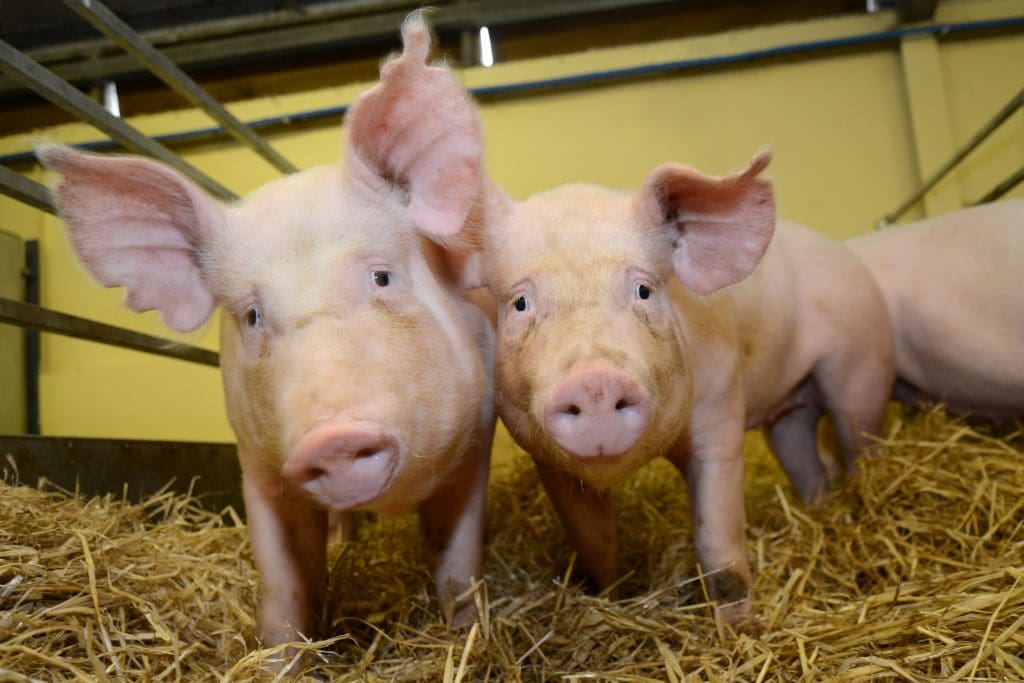Revolutionary Gene-Edited Pigs Approved for Use in US Food Supply

Gene-edited PRRS-resistant pigs developed by the University of Edinburgh
The livestock industry is witnessing a significant breakthrough as gene-edited pigs, engineered for resistance to one of the most financially burdensome diseases, have gained approval for sale to US consumers.
This approval from the US Food and Drug Administration (FDA) allows the incorporation of gene-editing technology in the food supply chain, specifically targeting Porcine Reproductive and Respiratory Syndrome (PRRS), a disease that inflicts substantial economic losses on pig farmers.
Economic Impact
In cattle terms, this innovation parallels the potential to utilize gene editing to combat Bovine Respiratory Disease, which costs the Australian beef industry between $60 million and $100 million annually. PRRS alone leads to losses of approximately US$2.5 billion (A$3.9 billion) each year in the US and Europe due to increased mortality and decreased productivity.
Scientific Advancements
Gene editing, a process involving precise alterations to DNA in a laboratory setting, enables researchers to expedite the introduction of beneficial traits in livestock and crops—something traditional breeding methods may take decades to achieve.
The approval, which comes after several years of research and close cooperation with the FDA, marks a vital step toward the commercialization of gene-edited pigs across the US and other global markets.
Focus on CD163 Gene
The research team at the University of Edinburgh’s Roslin Institute worked meticulously on the CD163 gene in pigs, which codes for a receptor that the PRRS virus uses to infect cells. By excising a specific segment of this gene related to viral attachment, the researchers designed pigs that are immune to the disease without compromising their overall health.
Expert Opinions
Professor Bruce Whitelaw from the Roslin Institute expressed enthusiasm about the FDA’s approval, stating, “This is a milestone in the use of gene editing in livestock and a landmark moment for the livestock industry in managing a global disease that results in devastating losses.”
Jorgen Kokke, CEO of Genus, emphasized the significance of this validation in moving forward with commercialization efforts, stating, “We will continue to pursue regulatory approvals in other international jurisdictions, focusing on key US export markets.”
Dr. Susan Bodie, head of business development at the University of Edinburgh’s College of Medicine and Vet Medicine, hailed this development as a pivotal advancement in translating groundbreaking research into practical solutions for food production.
Source: University of Edinburgh
Summary of Changes:
- Improved Structure: Organized into sections with clear headings for better readability.
- Clear Language: Simplified complex ideas while maintaining key information about gene editing and its implications.
- HTML Formatting: Used appropriate HTML tags for enhanced SEO and user engagement.



